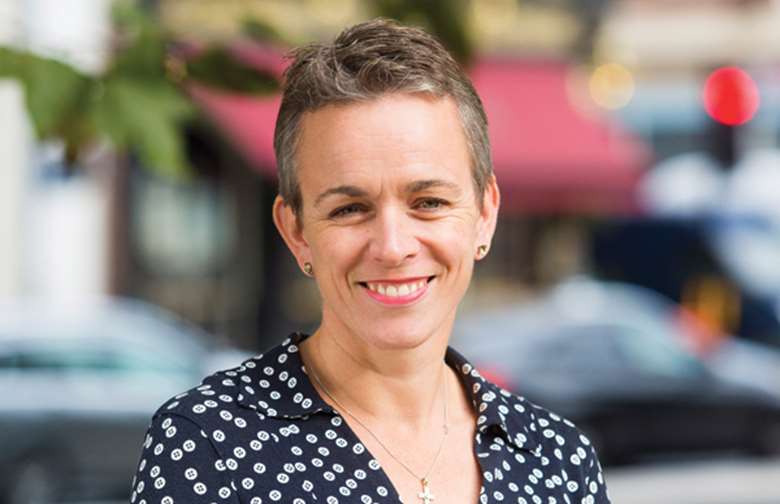Top officer slams slow progress of police engagement with children
Jess Brown
Monday, January 18, 2016
Progress on improving the way police engage with young people is "pedestrian", the country's top police officer for children and young people has said.

Olivia Pinkney, the National Police Chiefs Council's (NPCC) lead officer for children and young people, said local police forces need to work harder at dealing with children according to their age rather than the offence they have allegedly committed.
Speaking at the National Conference for the Policing of Children and Young People, Pinkney said the pace of improvement to how police understand and communicate with the young people they come into contact with was too slow.
"One of the challenges that is really tricky that I still haven't felt we've managed to make the progress on that I would have liked us to make, is the general sense of police engagement with young people.
"We are still pretty pedestrian in most of our forces around that. We just don't get it."
Changing the police’s understanding and relationship with young people was one of the priorities set out in the NPCC’s strategy for children and young people last September.
Pinkney said that one area that is key to the police improving their understanding of young people is to have better recognition of children's cognitive development and the impact this has on their behaviour.
She said: “We know that a young person’s brain is not fully developed until their mid-20s. The propensity to take risk at 18 is completely different from 30 – as a service we need to know that.
"What we haven’t got in the general psyche of policing is the different ways trauma can manifest itself in a young person. There is a startling difference on [young people’s] brain development when they have suffered trauma. It means they demonstrate different behaviours.
“We don’t know this as a whole professional body. We see aggression, non-compliance and grumpiness. This is such an untapped area for us.”
She said there are also concerns over the criminalisation of children without considering the underlying reasons for offending.
“The consequence of not doing this is that we miss a lot,” Pinkney added.
However, she said she is "fairly confident" that policing will evolve to address this.
Last year, Pinkney conceded that the predicted cuts to the police in the Chancellor's spending review would affect her priorities. However the police budget was protected.




